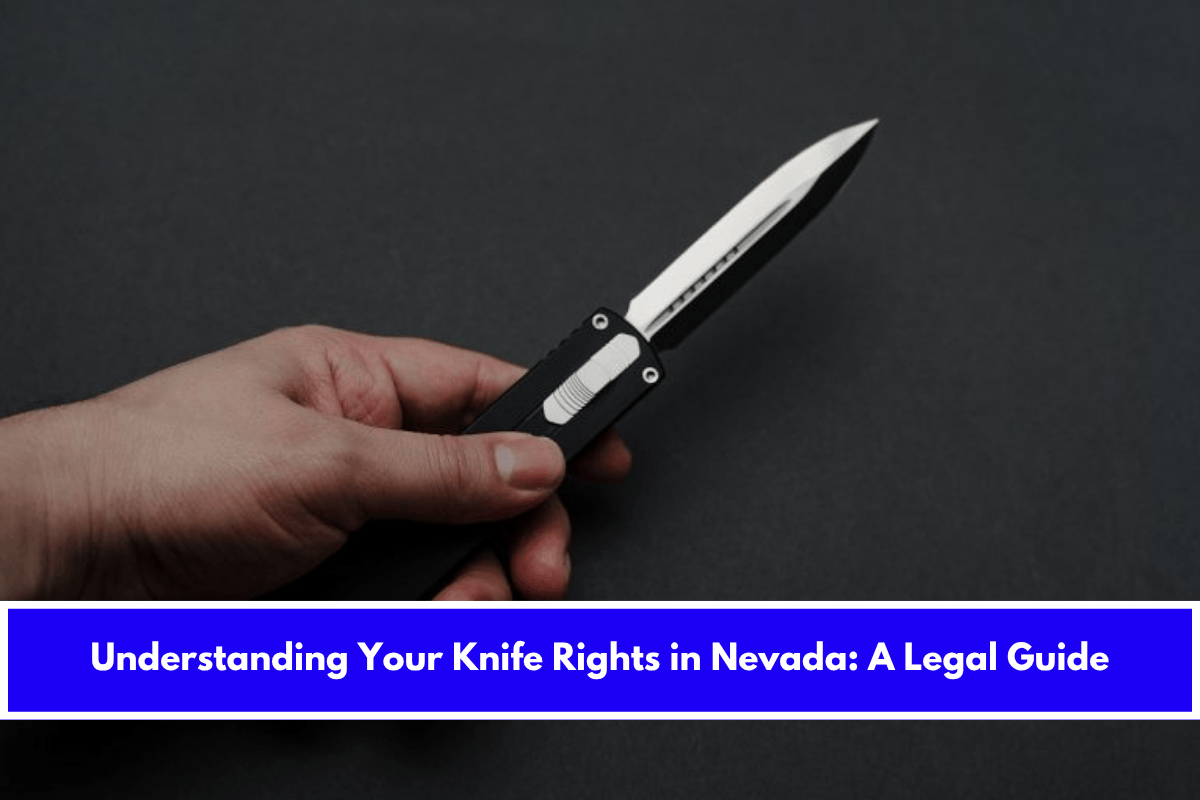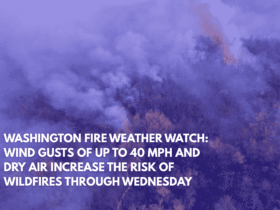Nevada is known for its relatively permissive knife laws at the state level, but important exceptions and local regulations can affect your rights. Here’s a comprehensive guide to understanding what’s legal, what’s restricted, and how to stay compliant.
Legal Knife Ownership and Carry
- All types of knives—including switchblades, daggers, butterfly knives, machetes, and swords—are legal to own in Nevada.
- Open carry (where the knife is visible) is generally allowed throughout the state, with most types of knives.
- There is no statewide restriction on blade length for open carry, but some localities impose their own limits.
Concealed Carry Laws
- Concealed carry means the knife is hidden from ordinary observation (e.g., in a pocket or under clothing).
- State law does not require a permit for most concealed knives, but certain types—like machetes—are restricted from concealed carry statewide.
- In Clark County (which includes Las Vegas), you must have written permission from the sheriff to carry a concealed knife with a blade of three inches or more.
- Switchblades with blades longer than 2 inches are illegal to carry in public.
Location-Based Restrictions
Carrying knives is strictly prohibited in the following locations:
- Schools (public and private), childcare facilities, and public universities.
- Government buildings and airports.
- On the property of the Nevada System of Higher Education, certain automatic knife restrictions still apply.
Local Ordinances and Preemption
- Nevada does not have statewide preemption for knife laws, meaning cities and counties can enact their own, stricter ordinances.
- Clark County is the most notable example, requiring a permit for concealed knives with blades 3 inches or longer.
- Always check local regulations before carrying, especially in urban areas like Las Vegas and Reno.
Brandishing and Use
- Brandishing (displaying or using a knife in a threatening manner) is a misdemeanor if done in a rude or angry way in front of two or more people.
- If brandishing causes someone to fear immediate bodily harm, it can be charged as assault with a deadly weapon—a felony carrying 1-6 years in prison and up to $5,000 in fines.
- Using a knife in a threatening or violent manner, regardless of legality of carry, can result in criminal charges.
Penalties for Violations
- Carrying a concealed knife in violation of local ordinances (e.g., without a permit in Clark County) is a misdemeanor, punishable by up to 6 months in jail and/or a $1,000 fine.
- Possessing a knife at a school is a gross misdemeanor.
- Carrying a prohibited switchblade (over 2 inches) can be a felony, with penalties up to 1-5 years in prison and/or a $10,000 fine.
- Brandishing or using a knife unlawfully can result in misdemeanor or felony charges depending on the circumstances.
Key Takeaways
- Open carry is generally legal, but always check local laws for exceptions.
- Concealed carry may require a permit, especially in Clark County, and certain knives (like machetes) are always restricted from concealed carry.
- Switchblades over 2 inches are illegal to carry in public.
- Never carry knives on school grounds, in government buildings, or airports.
- Brandishing or using a knife in a threatening manner can lead to serious criminal charges.
- Local laws vary—always verify city or county regulations before carrying a knife.
If you are unsure about the legality of your knife or how local laws apply, consult an attorney familiar with Nevada’s knife laws to avoid unintended violations.
Sources:
- https://www.shouselaw.com/nv/defense/laws/knife-laws/
- https://criminallawyerslasvegas.com/nevada-knife-laws/
- https://www.battlbox.com/blogs/carry-laws/can-you-open-carry-a-knife-in-nevada-an-in-depth-guide-to-knife-laws
- https://www.akti.org/state-knife-laws/nevada/











Leave a Reply